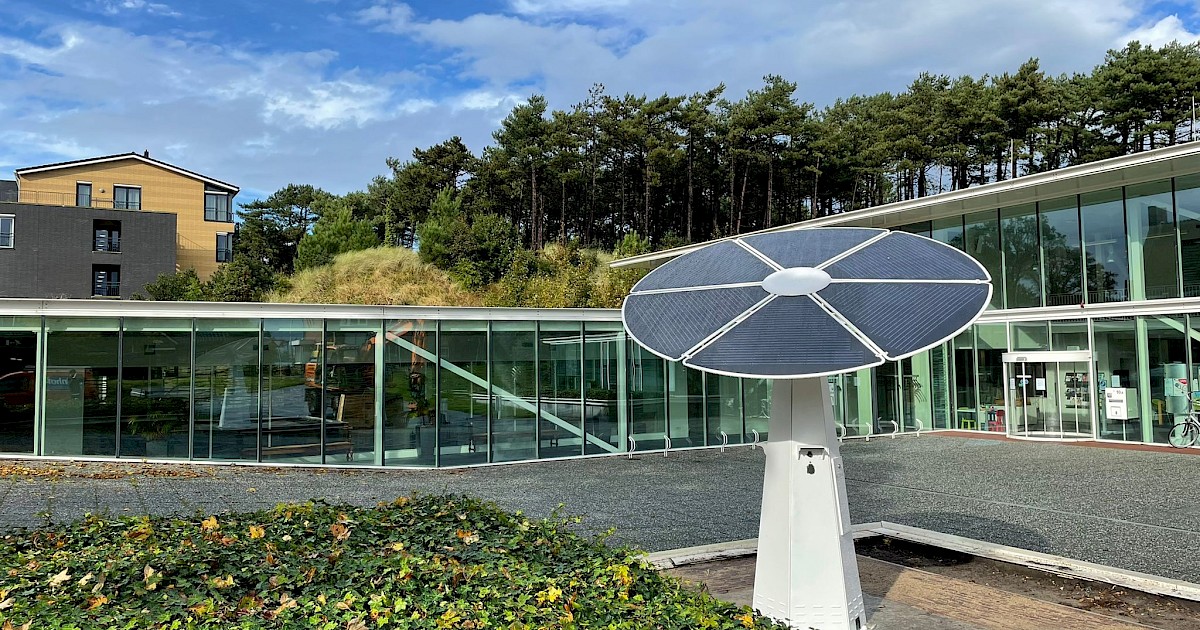The Canadian food manufacturing industry supplies approximately 70% of all processed food and beverages for Canadians, and also is the largest buyer of its own agricultural production. The internal consumption represents less than 50% of the total food production in Canada, while the other half is destined to other countries. These numbers make Canada the 5th largest food exporter in the world, where its major export partners are United States (84%), China (5%) and the United Kingdom (1%).
Among its most significant productions is possible to find meat products accounting more than 25% of manufacturing sales (CAN $30 billion), followed by dairy products with 12.5% of the sales (CAN $15 billion). Other important industries are bakeries, beverage, Grain and oilseed milling, or fruit and vegetable preserving. The provinces with the largest production are Ontario and Quebec, with 62% of it.
2021 was a record year in Canada food and beverage, and the industry is expected to grow by more than 10% by the end of 2025. Despite this positive outlook, there are many challenges to be addressed such as rising costs, 57% of food and beverage manufacturers have difficulties dealing with inflation; labour shortages, 78% of manufactures struggle to hire; low levels of digitalization, just 46% of Canadian food processors are investing in advances or emerging technologies. This is without the consideration of the overreliance in the animal products and the plastic waste generation coming from packages. These challenges open great opportunities for innovation and ways to improve the industry.






